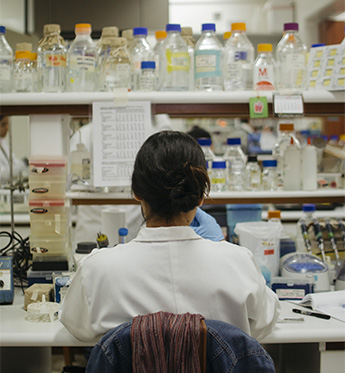Immunocompromised people, like HIV-infected people, are at risk of reactivation of Chagas disease, which is an AIDS-defining illness. New diagnostic tests for cerebral toxoplasmosis and reactivated Chagas disease in HIV-infected patients are needed because, as described, current algorithms have low sensitivity and/or specificity. Our group has developed a urine antigen detection test by nanoparticle concentration for T. cruzi. The definitive diagnosis of many opportunistic parasitic infections is limited and has low parasitic level in the CSF or due to the lack of access to PCR diagnosis in low-resource settings.
Objectives
- Describe the clinical spectrum of acute neurological syndromes in patients with HIV in Bolivia and Peru.
- Define the immunological deficit that leads to the reactivation of T. cruzi in HIV-infected patients.
- Evaluate the role of T. cruzi genetic diversity in the pathogenesis of Chagas disease reactivation in HIV-infected patients.
- Evaluate the role of T. gondii genetic diversity in the pathogenesis of Chagas disease reactivation in HIV-infected patients.
- Evaluate new assays to detect antigen and DNA in urine and cerebrospinal fluid (CSF) for the diagnosis of T. cruzi in HIV-positive patients.
- Evaluate new assays to detect antigen and DNA in urine and CSF for the diagnosis of T. gondii infection in HIV-positive patients.
Duration
01/JUN/2018 – 31/MAY/2023
Scope of intervention
Bolivia – Iquitos – Lima
Funder
Johns Hopkins University
Results
Currently ongoing.

